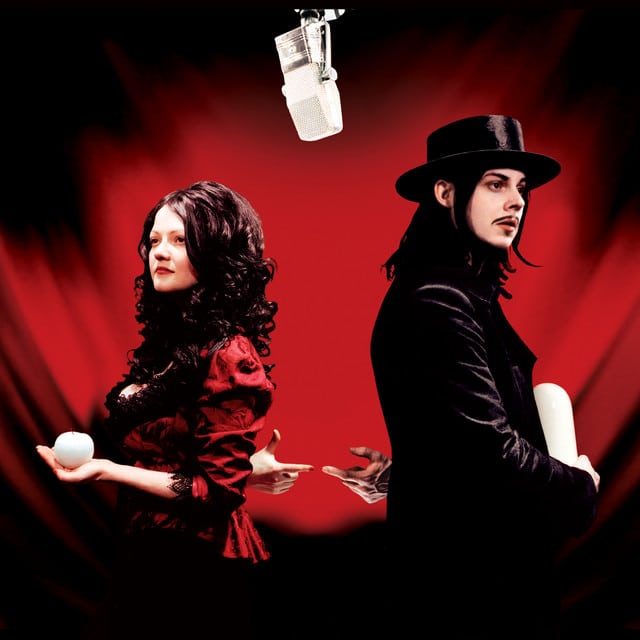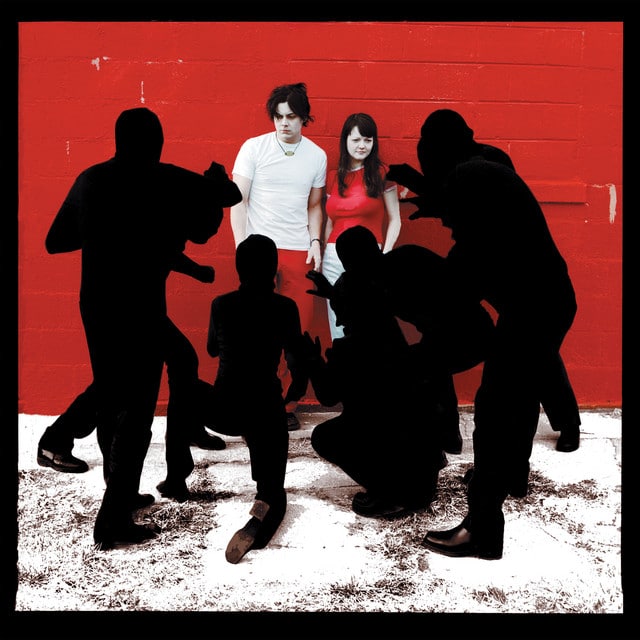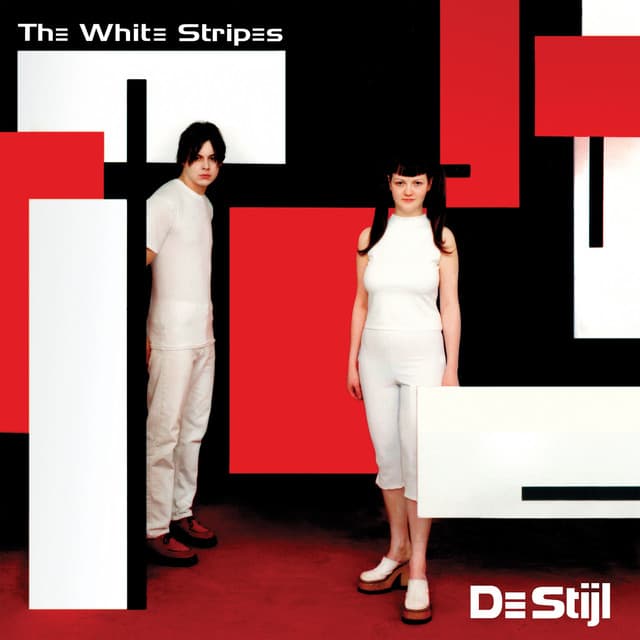Released: 2005
At first glance, “Blue Orchid” by The White Stripes blasts through with its gritty guitar riffs and pounding drums, but at its core, Jack and Meg White serve up a sizzling slice of commentary on the nature of change, perception, and perhaps the corrosive effects of fame or personal betrayal. Through the metaphor of a white orchid being turned blue, the duo delves into themes of corruption, loss of innocence, and the confrontation with reality.
The song kicks off with “You got a reaction / You got a reaction, didn’t you?” pointing to a situation where someone’s actions or perhaps even provocations have led to an expected yet unwelcome response. The repetition emphasizes the significance of this reaction, hinting at a transformation or consequence that was perhaps underestimated by the subject in question. The “white orchid” symbolizes purity or originality that has been tainted or changed, hinted by the line “You took a white orchid turned it blue,” suggesting a loss of innocence or a corrupting influence.
“Something better than nothing / Something better than nothing, it’s giving up” alludes to the compromise or settling aspect of the situation. There’s an acceptance of a lesser evil in lieu of striving for the ideal, which ties back to our human tendency to sometimes choose a path of least resistance rather than facing challenges head-on. “We all need to do something / Try to keep the truth from showing up” speaks to the attempts at obscuring the truth or avoiding accountability; it’s an almost cynical acceptance of manipulation or deceit as part of human nature.
The lines “How dare you? / How old are you now, anyway?” feel like a confrontation, a calling out of someone’s actions as being childish or immature. It’s a pointed question that challenges the subject’s growth or development, perhaps accusing them of being stuck in juvenile ways or not living up to expected maturity.
The second verse introduces a slightly different angle with “You’re given a flower / But I guess there’s just no pleasin’ you.” This hints at ingratitude or a dissatisfaction that can’t be quenched, no matter what is offered. The imagery of sour lips tasting, juxtaposed with the idea of teasing, captures the tension and miscommunication in relationships, be it between individuals or an artist and their audience.
As the song progresses to “Get behind me / Get behind me now, anyway,” there’s a sense of finality, a call to leave the past or disagreements behind and to move forward, albeit with a tone that suggests resignation more than reconciliation. The repetition throughout the song, especially with the return to “You got a reaction / You got a reaction, didn’t you?” underscores the cyclical or inevitable nature of these conflicts and transformations.
In essence, “Blue Orchid” by The White Stripes is more than just a hard-hitting rock track; it’s a meditation on change, the inevitability of consequences, and the complexities of human relationships. It uses the metaphor of the blue orchid to explore themes that resonate on a personal and collective level, wrapped up in a package of infectious energy and raw emotion that defines much of The White Stripes’ discography.






